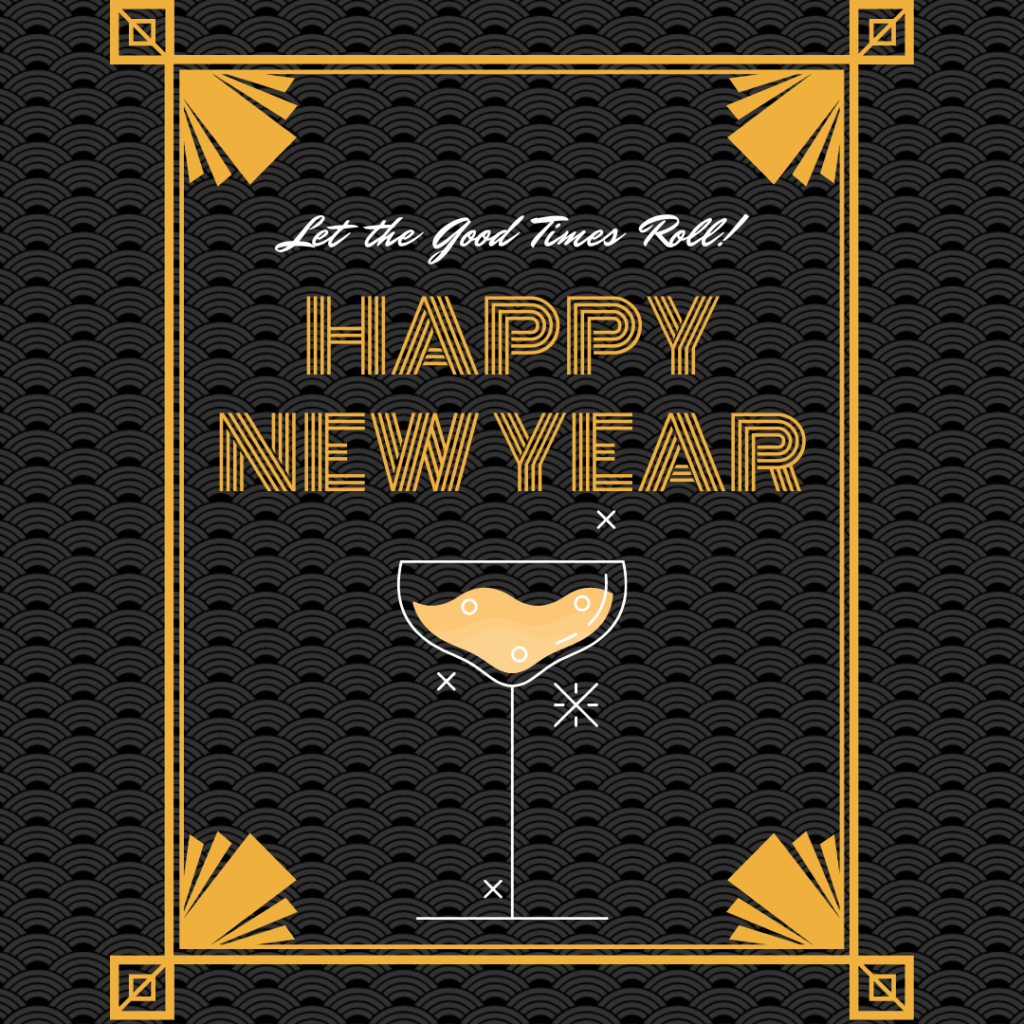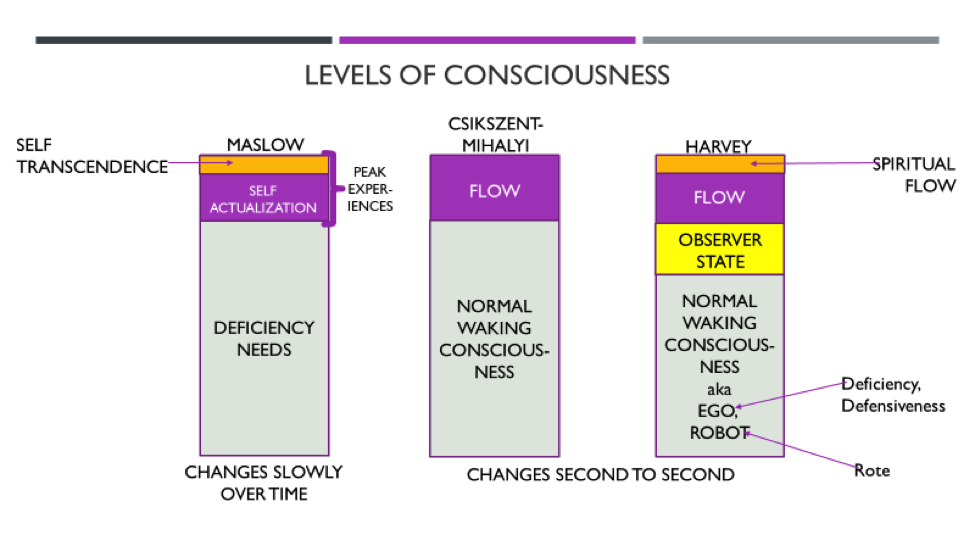Created February 19th, 2021
The average person is controlled by their own mind. This might seem like a very good thing, if we interpret it to mean that the average person acts autonomously, guided solely by their own independent view of things.
Unfortunately, the ruminations of words, images, feelings, and action impulses that we experience as our minds, does not typically represent our own viewpoint, but a mélange of viewpoints that we have been washed in for a very long time, which have worked out their own dissonant coexistence with each other in our memory banks.
In order to get from there to autonomy requires careful weighing of all of what we think we know or believe. That is a wonderful process. Most people succeed in avoiding it all their lives.
And so, the typical mind rambles on, being taken ultra-seriously by its owner. Often it causes us to do something we regret. Sometimes it can literally drive us crazy. All too frequently it exercises its power to make us feel bad, in the midst of a day which could otherwise make us very happy.
When one introspects with concentration, avoiding hasty closure, this brings on a state I call the Observer state. From this state one is able to discriminate between valuable thoughts and counterproductive ones. By filtering the stream, one is panning for gold, and is no longer a slave totally controlled by the inner wordstream.
In MIND MAGIC, Chapter 9 “Disidentifying With The Thought Senate” is filled with phrases that help bring on and maintain the Observer state during introspection and when in action, specifically by remembering the subordinate role of the talking-to-oneself mind and the sovereignty of the generally-upspeaking self who is the observer, the one who experiences.
The chapter starts out:
Visualize the mechanism
which sends you verbal thought messages
not as one speaker,
but as a vast senate of many different speakers.
Each experience you have had
creates a separate viewpoint
from which comments may be made.
Therefore, the first step to take
in analyzing any thought sent to you,
is to determine who is speaking:
which set of experiences that you have had
is expressing its viewpoint to you?
Do not identify with your thoughts.
You are not the thinker of the thoughts;
you are the hearer of the thoughts.
The thinker of your thoughts
is a subsidiary mechanism within you,
which attempts to put some of your feelings
into words;
you must then assess the way you feel about these words.
Not looking at the matter this way,
most individuals tend to identify themselves
as the author of the words in their head,
and consequently are biased in favor
of believing and defending these thoughts
In fact, each thought you have
is merely a trial balloon,
a draft from your speechwriter
sent to you
so that you can decide whether you agree or disagree
In many cases, you will realize
that the speaker of the last thought sent to you
is representing the viewpoint
of some other individual(s) you have known,
often in the exact words and tone of voice
used by these other individuals.
Obviously, accepting such viewpoints as your own
would be submitting to mental slavery.
Yet this is precisely what most individuals do,
by identifying with their thoughts.
After you have identified the last speaker,
engage him or her in a dialog
in which you ask the speaker to defend his or her position
by asking the speaker specific questions
which illuminate possible flaws in his or her position.
In this way,
you will always be questioning your own last thought
in a search for objective truth,
separated from the conditioning effects
of your experience
and from the influence
of communications you have received.
Recently I was excited to read an article about a psychologist and neuroscientist Ethan Kross, who is developing ways of advising people how to deal with their inner dialogue.
It’s interesting to compare one’s own work to the work of others taking different routes up the mountain. Ethan whose work I respect and appreciate is not distinguishing the different voices in our mind, many coming from ego, the AI, and some precious few coming from The Me That Was Born.
My theory is that we have an unerring compass within us, our highest self, that which came into this world, that says very little in our mind, but when it speaks, what it says has the ring of truth, and turns out to work in the real world. Such events of inspiration occur in the Flow state, where the organism is functioning optimally, a state even higher than the Observer state.
My experiences with Flow and Observer states, as well as spiritual and ESP experiences, form the difference between my work and that of most mainstream psychologists and neuroscientists. I’m glad that as a chorus we psychologists and introspectionists of all kinds are focusing more on where the real leverage to save the human race lives: our individual inner lives.
We live in challenging times. It’s up to each of us to help pull us through and bring us to our highest positive potentials. Whatever works for you, use it. Test my advice, test the advice of others, seek your own inner wisdom most of all. But follow that which works for you in the real world, which makes you and the people around you happy.
One way or the other, it’s undeniable that now is the time to strengthen your self and your mind and body in all the ways that you can. We have chosen leaders who have taken us down paths which are not going to be so easy to switch out of, even with new and better leaders we have now. The one family we were coming out of WWII, the free peoples of Earth, those who believed in Democracy, somehow have of their own choice taken us back into a world in which force and threat rule. It will affect each of us. We have to be our best, better than we ever were.
You can do it. We will do it.
Best to all,
Bill


